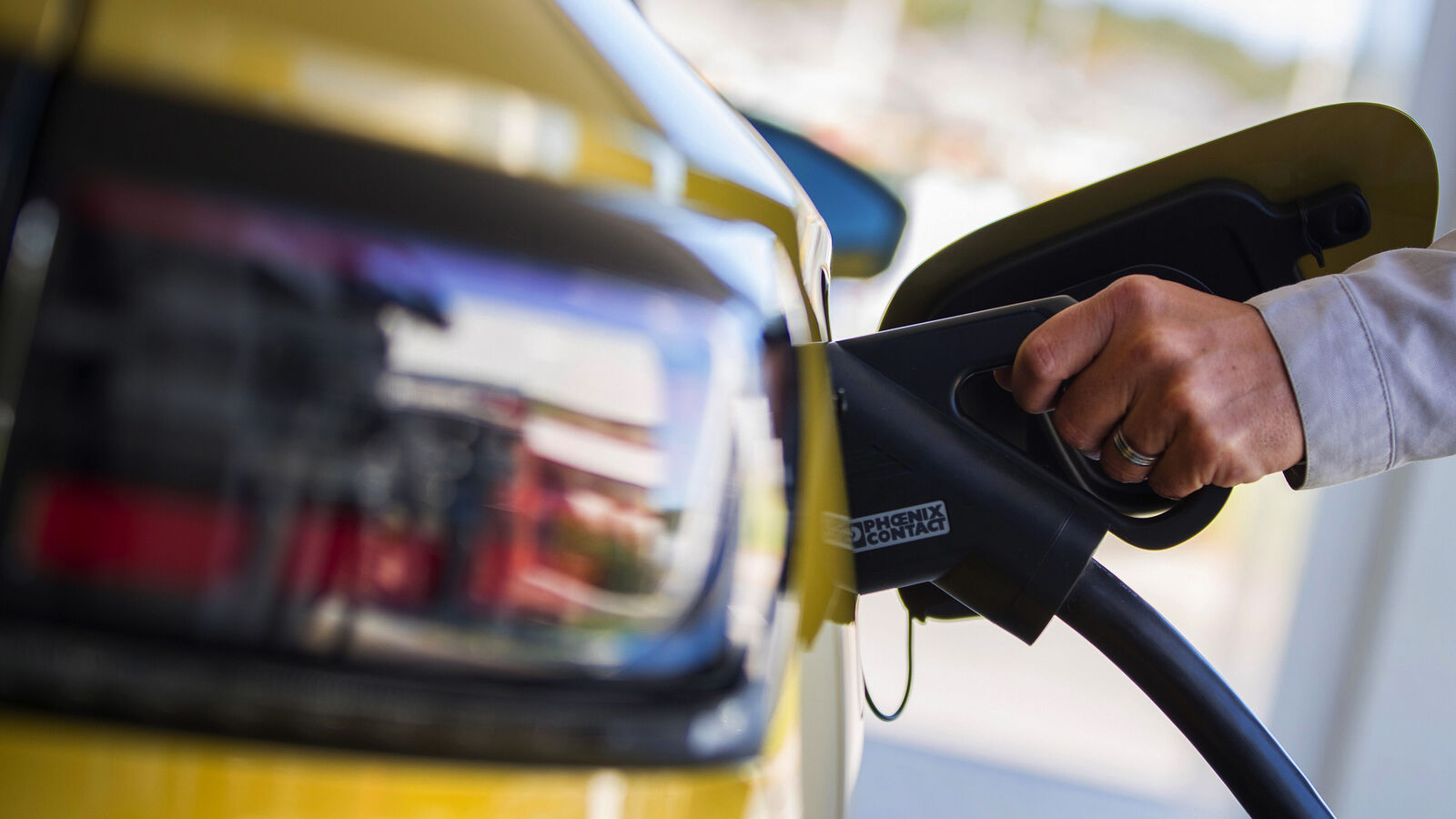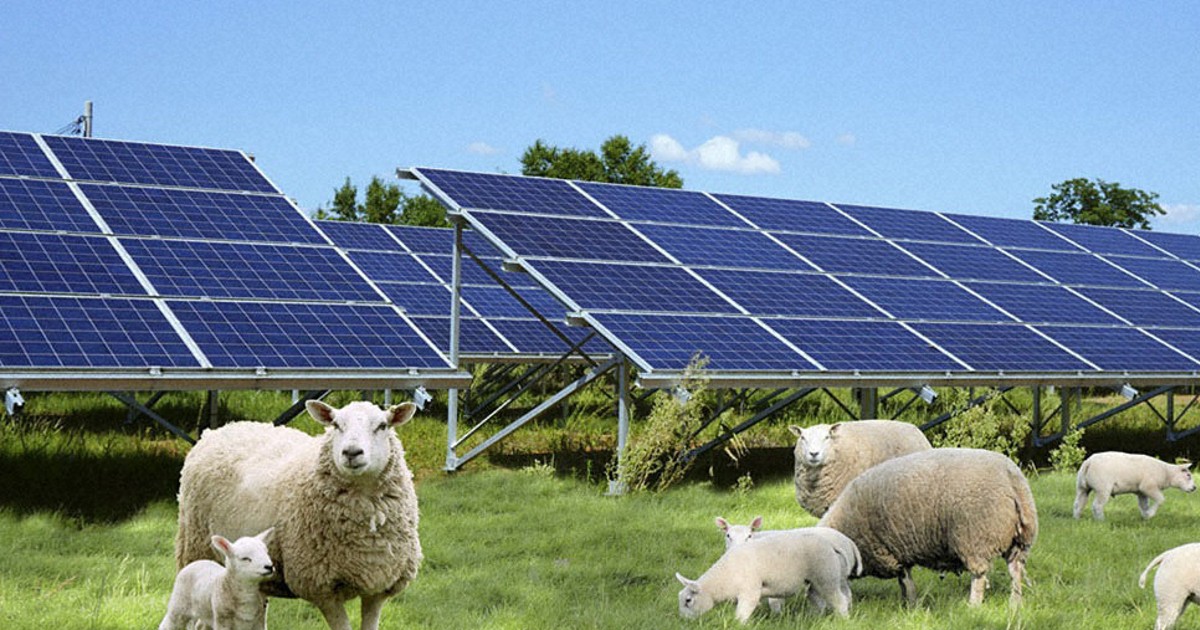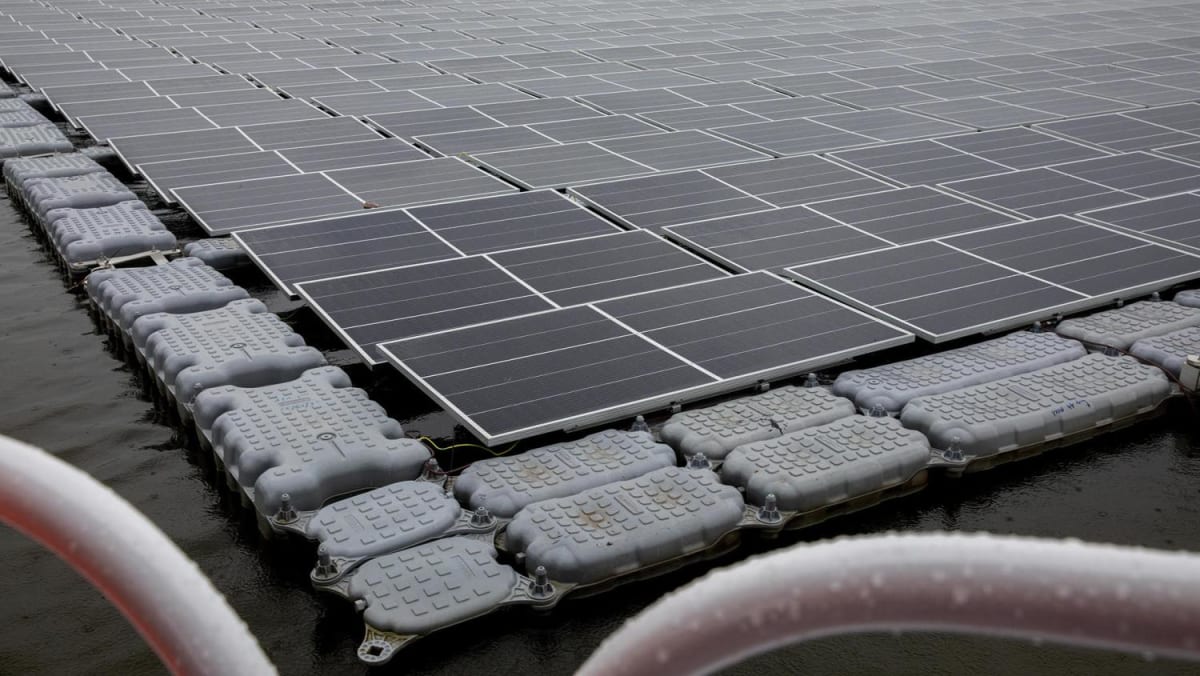Ambitious Expansion of Electric Vehicles in Brazil
A coalition of companies focused on expanding urban transportation in Brazil has doubled its electric vehicle target to 20,000 by the end of 2025. This announcement follows the alliance’s impressive performance since its inception in 2022. The initiative, led by ride-hailing app 99, aims to significantly boost the electric vehicle presence in Brazil’s urban areas.
Exceeding Initial Goals
The alliance includes major players like Raizen, car rental company Movida, and Chinese automaker BYD. Initially, the group aimed to have 10,000 electric cars connected to 99’s app by the end of 2025. However, they have already exceeded expectations. “The target was 3,500 this year, and we’ve reached 4,100. We’ve revised it to 8,000 for this year and 20,000 for next year,” said Thiago Hipolito, Senior Director of Innovation at 99.
Significant Investment and Market Growth
Over the past two years, the coalition has invested 245 million reais ($47.34 million) in this initiative. This surge in electric vehicle adoption in Brazil comes shortly after the country surpassed Belgium as the largest export market for Chinese new energy vehicles. In April, China’s exports of electric cars and plug-in hybrids to Brazil increased 13-fold year-on-year, reaching 40,163 vehicles.
Navigating Import Taxes and Local Production
This rapid growth prompted the Brazilian government to announce a gradual increase in import taxes on electric vehicles, which will reach 35% by mid-2026. However, the alliance has strategies to mitigate this impact. “To get around the import tax, we’re going to have a local factory,” Hipolito said, referring to BYD’s production centers in Bahia and GWM’s in São Paulo. He emphasized that the evolution of strategies and technology, alongside falling vehicle prices and increased model availability since 2022, would offset the potential challenges posed by import taxes.
Future Prospects and Market Trends
This strategic expansion aligns with broader energy market trends and green energy policies in Brazil. The country’s growing interest in solar energy and energy storage solutions complements the rise in electric vehicle adoption. Investment in solar technology and lithium batteries will likely further support the development of a sustainable energy market.
The alliance’s efforts reflect a significant shift towards green energy policies and investments in solar energy. By integrating solar technology and energy storage solutions, Brazil is poised to become a leader in the renewable energy market. This initiative not only promotes sustainable urban transportation but also strengthens Brazil’s commitment to reducing carbon emissions and fostering a greener future.
The Brazil auto alliance’s ambitious target of 20,000 electric vehicles by 2025 showcases the country’s rapid advancement in green energy and sustainable transportation. With strategic investments and local production plans, the alliance is well-positioned to navigate market challenges and contribute to Brazil’s clean energy transition.
Source:hindustantimes.com





